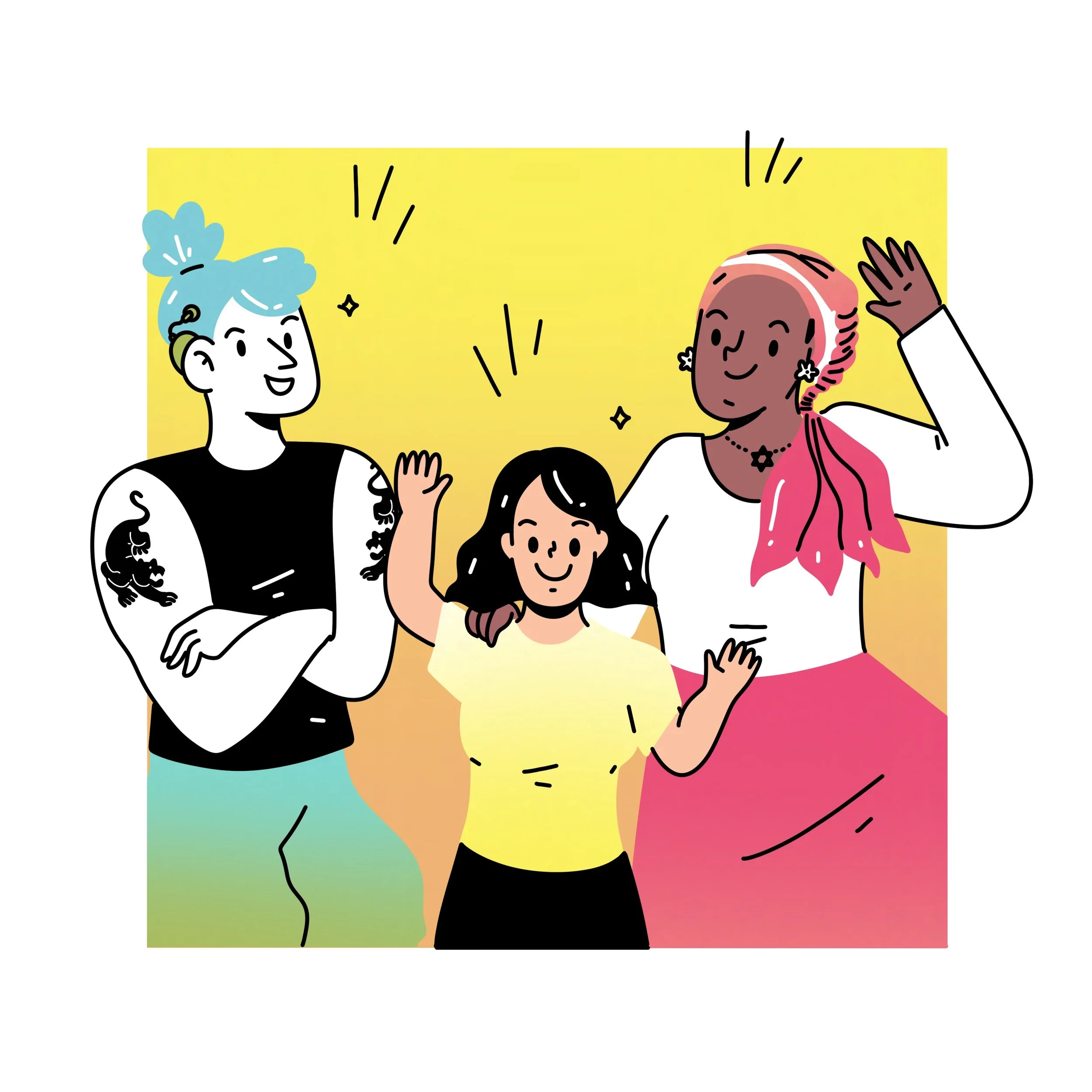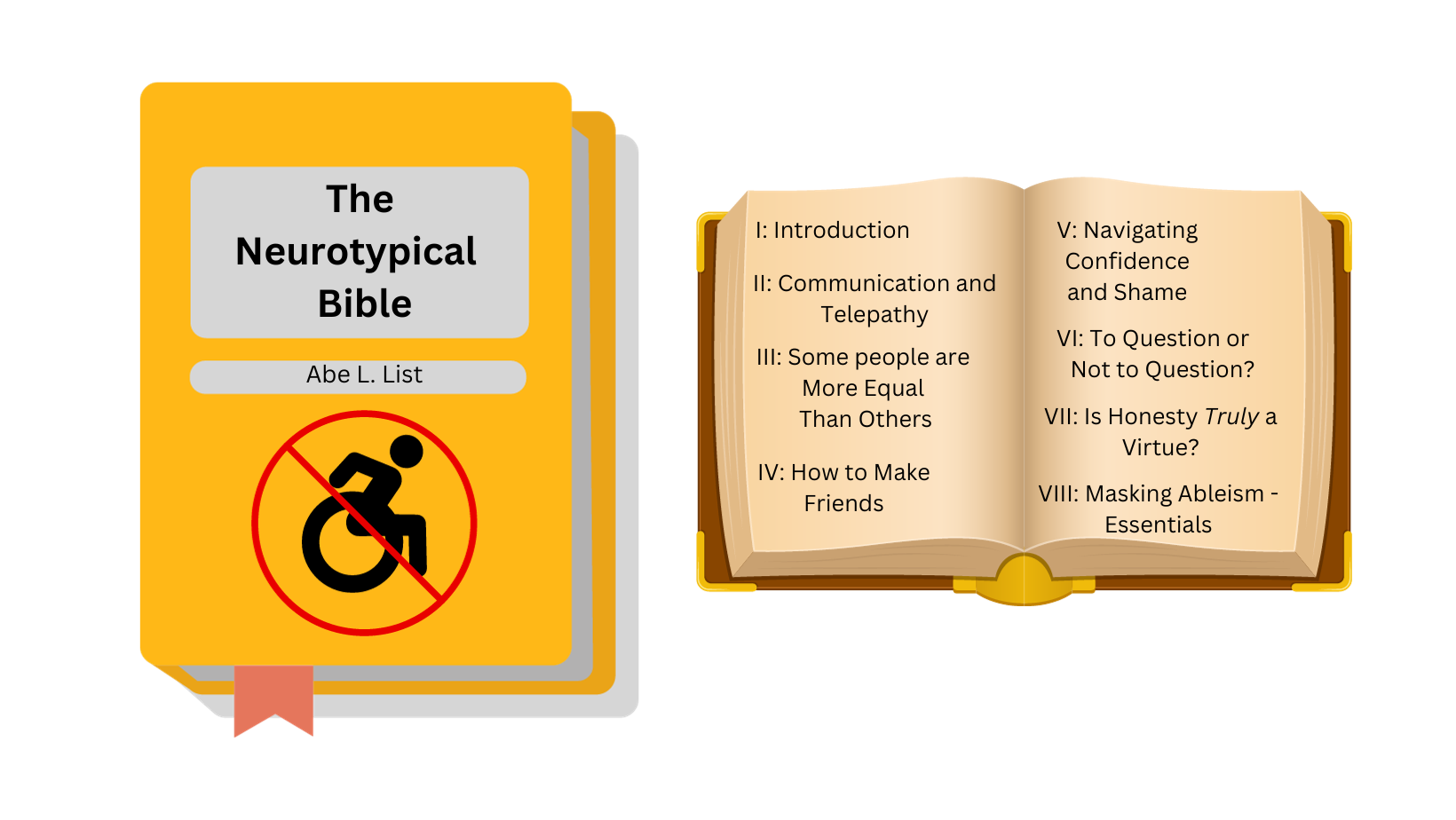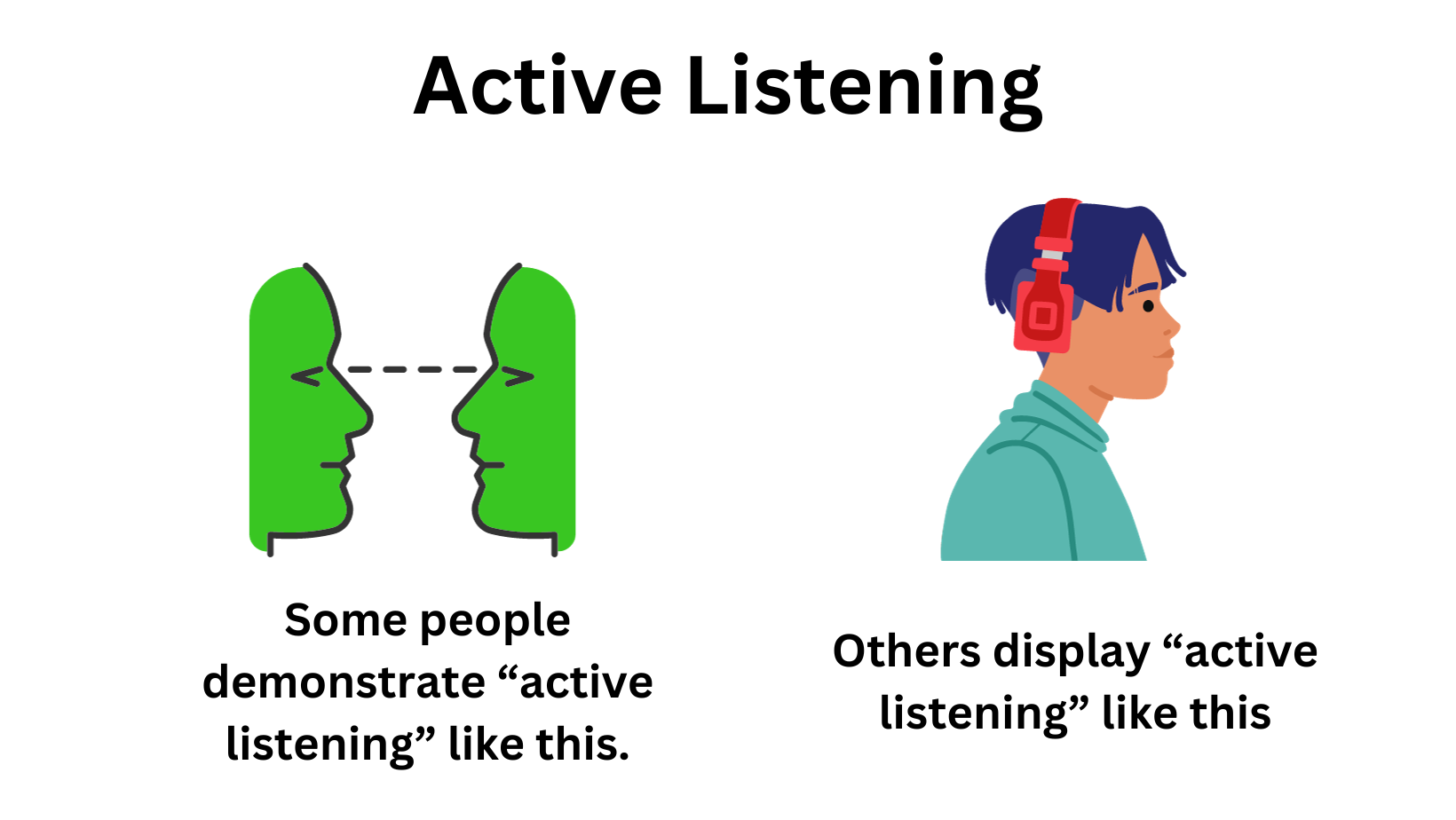How Does it Work?
Neuroinclusion Hub Expressions articles are fiction pieces or non-fiction pieces unrelated to neurodiversity, written by neurodivergent authors. Writers are compensated $20 by Neuroinclusion Hub per accepted submission to the blog.
Once an idea is accepted, an author submits their rough draft. The draft is edited by Neuroinclusion Hubs’ copy-editor, who also identifies as neurodivergent. Final drafts are only published when original authors are satisfied with the product.
Not what you’re looking for? Try the Neuroinclusion Hub Blog!
I am an Autistic Orphan
Parental relations are often strained between autistic caregivers and their children, however, there are some parents who go above and beyond to support their child and to help them feel loved and accepted within society.
Abbie Liliburn’s mother was one of these compassionate souls. In this article, Abbie shares a heartfelt tribute to her late mother in which she discusses the support, love, kindness, and affection her mother provided her and the impact she has had on Abbie, who, herself, is now a mother.
The Neurotypical’s Bible
Sometimes it feels as if neurotypicals were given a handbook to life upon being born, consisting of all the essentials to living in a functioning society.
Every bit of communication seems flawless - almost telepathic and hypnotic at times. I was at a small Thanksgiving party hosted by a (neurotypical) friend of mine last year, and every conversation seemed telepathic - the group knew how to keep a conversation going, how to smoothly transition topics, how to involve everyone in the conversation making sure everyone got a chance to speak, had a shared sense of humour, knew what each other was going to say before it was said...
On Trauma and Disability
Disabled people often encounter trauma on a daily basis, including but not limited to; bullying, harassment, loneliness, friendlessness, ostracisation, micro and macro-aggressions, and rejection.
This trauma can be very long-lasting (well into adulthood) and affect how we see ourselves.
It can lower our self-confidence, self-esteem, and feelings of self-worth, and can hurt our ability to trust, feel or accept love and compassion, and decrease our ability to feel as if we deserve good things.
Active Listening
"Active listening" looks different for everyone.
If we have our headphones in or aren’t looking at you, it does not mean we aren't paying attention, taking notes in our head, or hearing you properly.
We are lessening the sensory stimuli for ourselves, and, as a result, we sometimes listen BETTER when we are not looking at you or have earphones in, as we are lessening the sensory overload of our surrounding environment. Instead of focusing on three or four stimuli, we are only focused on one or two at most.
The Autistic Refugee
In his poem, “The Autistic Refugee”, Ben VanHook shares his experience with the loneliness, isolation, and alienation that can accompany being autistic.
Raise a Toast
Ben VanHook’s poem, ‘Raise a Toast’ attempts to highlight the strength, courage, resilience of neurodivergent people







